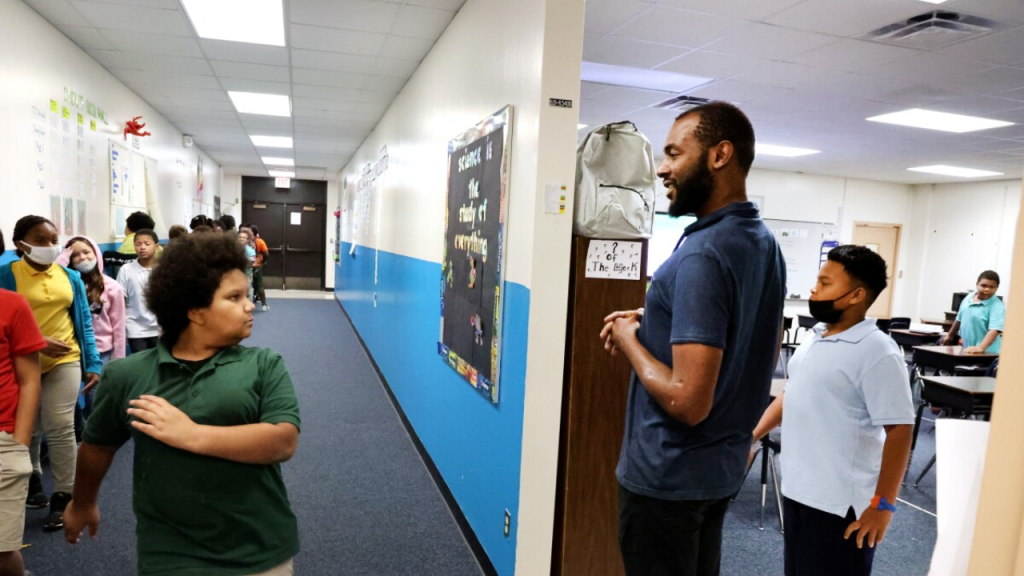Florida Forgoes $248 Million in Federal Funding Meant to Help Feed Low-Income Children!
CNS News–Florida has opted not to participate in a federal program that could provide $248 million in aid to feed 2 million children who receive free or reduced-cost school lunches during the summer. This decision by state officials comes despite the pressing need to address child hunger, especially during the summer months when school meals are not available.
The Summer EBT Program, approved by Congress last December and administered by the U.S. Department of Agriculture, aims to ensure that children who benefit from free or reduced-cost lunches during the school year have access to nutritious meals even when schools are closed.
Despite the apparent benefits, Florida has not designated a lead agency to administer the program, with the application deadline fast approaching. Mallory McManus, a spokeswoman for the Department of Children and Families, expressed confidence in the state’s existing programs and highlighted the reluctance to accept federal funds due to the attached conditions.
This stance has raised concerns among childhood hunger advocates, who see the federal program as a crucial opportunity to combat food insecurity among children. Florida’s decision is particularly notable in light of its history with similar programs.

Read More News: Trumper Gets Jailed for Voter Fraud with The Dead Father’s Ballot!
Bill O’Reilly is Upset that His Books Were Pulled After Supporting Florida Bans on Books!
Florida Schools Pull Dictionaries and Encyclopedias for “Inappropriate” Content Evaluation!
The state previously opted out of a COVID-19 food benefits program and declined to participate in a pandemic food aid program for low-income children, forfeiting significant federal aid. With one in seven households in the state struggling with food insecurity, the potential impact of this decision could be considerable.
Advocates like Sky Beard, Florida director of No Kid Hungry, emphasize the importance of utilizing every available resource to address child hunger. The federal program’s potential to provide substantial aid to millions of children during the critical summer months makes Florida’s decision a significant missed opportunity in the fight against child hunger.

